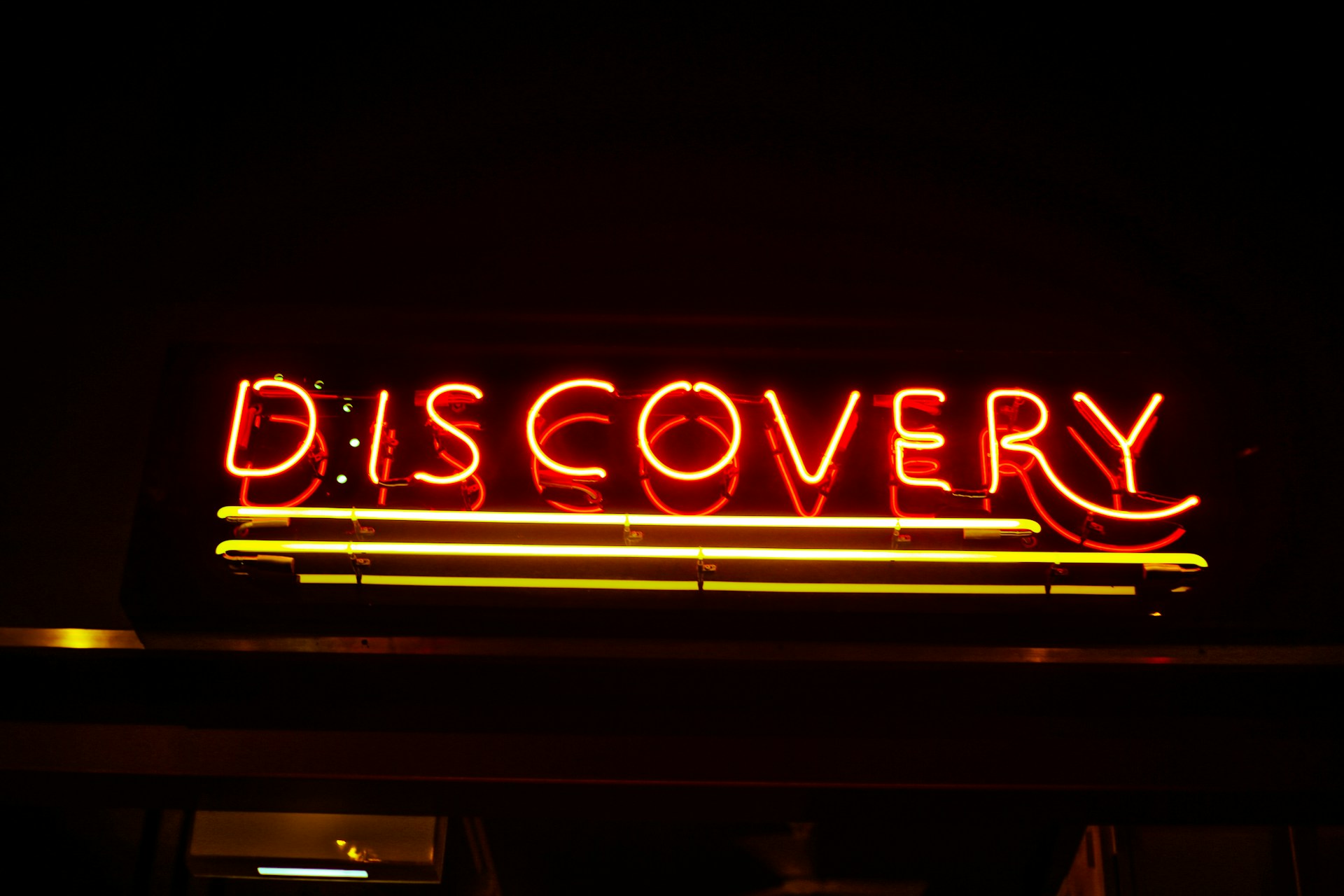Learning How to Identify Self-Issues: A Path to Personal Growth
In the pursuit of personal growth and fulfillment, self-awareness serves as a guiding light, illuminating the path to understanding ourselves more deeply.
Central to this journey is the ability to identify and address the self-issues that may be holding us back from reaching our full potential.
Join me as we explore the transformative process of learning how to identify self-issues and embark on a journey of healing and growth.
Understanding Self-Issues
Self-issues, often referred to as inner challenges or obstacles, are the internal patterns, beliefs, and behaviors that hinder our progress and prevent us from living authentically and fully.
These issues can manifest in various forms, such as limiting beliefs, unresolved emotions, negative self-talk, or maladaptive coping mechanisms.
They may stem from past experiences, traumas, societal conditioning, or inherited patterns, and often operate beneath the surface of our conscious awareness.
The Importance of Identifying Self-Issues
Why is it essential to identify self-issues on our journey of personal growth? Let’s explore:
Self-Awareness: Identifying self-issues deepens our self-awareness by shining a light on the unconscious patterns and dynamics that influence our thoughts, emotions, and behaviors. It allows us to recognize the underlying causes of our challenges and gain insight into how they impact our lives.
Personal Growth: Addressing self-issues is essential for personal growth and transformation. By confronting and resolving these internal obstacles, we can break free from limiting patterns, expand our potential, and cultivate a greater sense of resilience, authenticity, and well-being.
Healing: Many self-issues stem from past wounds, traumas, or unresolved emotions. By identifying these underlying issues, we can embark on a journey of healing and reconciliation, allowing us to release emotional baggage, cultivate self-compassion, and foster greater emotional well-being.
Enhanced Relationships: Self-issues can impact our relationships with others, leading to communication breakdowns, conflicts, or unfulfilling dynamics. By addressing these issues, we can improve our interpersonal relationships, cultivate deeper connections, and foster healthier, more fulfilling interactions with others.
Empowerment: Learning how to identify self-issues empowers us to take ownership of our lives and create positive change. It allows us to reclaim our agency, break free from self-limiting patterns, and actively shape our destiny with intention and purpose.
Strategies for Identifying Self-Issues
Now that we understand the importance of identifying self-issues let’s explore some strategies to help us uncover and address these internal obstacles:
Self-Reflection: Set aside time for introspection and self-reflection. Journaling, meditation, or deep contemplation can help you explore your thoughts, emotions, and experiences with honesty and clarity.
Notice Patterns: Pay attention to recurring patterns or themes in your thoughts, emotions, and behaviors. Notice any triggers or situations that elicit strong emotional reactions or patterns of behavior that may be holding you back.
Seek Feedback: Reach out to trusted friends, family members, or mentors for feedback. Ask for their perspectives on your strengths, weaknesses, and areas for growth. Be open to receiving constructive criticism and insights.
Explore Your Past: Reflect on your past experiences, traumas, or significant life events that may have shaped your beliefs, behaviors, and self-perceptions. Notice any unresolved emotions or recurring themes that may be contributing to self-issues.
Professional Support: Consider seeking support from a therapist, counselor, or coach who specializes in personal development and healing. Professional guidance can offer valuable insights, tools, and support on your journey of self-discovery and growth.
Results
Learning how to identify self-issues is a vital step on the path to personal growth, healing, and self-realization.
By cultivating self-awareness, exploring our inner landscape, and seeking support when needed, we can uncover the underlying patterns and dynamics that may be holding us back from living authentically and fully.
As we embark on this transformative journey, may we approach ourselves with compassion, curiosity, and courage, knowing that the process of self-discovery is a profound and empowering endeavor.
